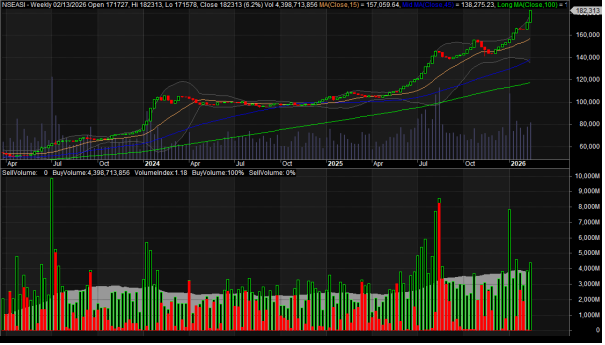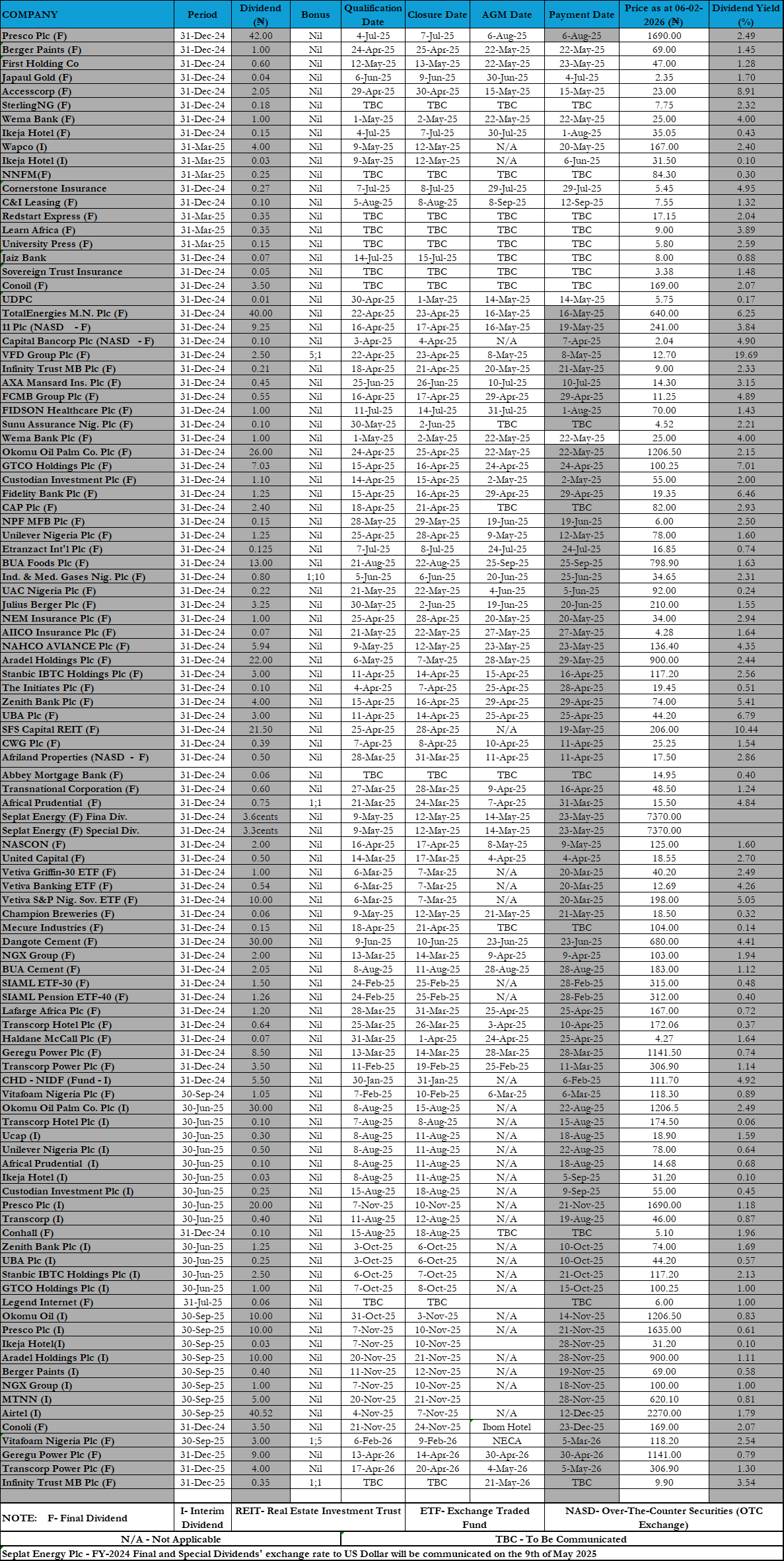
Ahead of the presentation of Nigeria’s 2021 Appropriation Bill on Thursday, October 8, 2020 by President Muhammadu Buhari before a joint seating of the National Assembly, the Senate, at the midweek passed the 2021-2023 Medium Term Expenditure Framework and Fiscal Strategy Paper.
The passage, according to a statement by Ezrel Tabiowo, Special Assistant (Press) to President of the Senate, was sequel to consideration and adoption of the report of the Joint Committee on Finance; and National Planning and Economic Affairs.
Chairman of the Joint Committee, Senator Solomon Olamilekan Adeola, in his presentation noted that the key parameters and macroeconomic framework driving the 2021-2023 Medium Term Expenditure Framework were revised in line with emerging realities that necessitated the revision of the 2020-2022 Medium Term Fiscal Framework.
The Senate approved daily crude oil production benchmark of 1.86 million barrels per day, 2.09mbpd, and 2.38mbpd for the year 2021, 2022 and 2023; as well as US$40 per barrel as Oil Price Benchmark. Exchange Rate for the period is expected to remain at the current N379/US$; while inflation rate was projected at 11.95%, down from the current 13.22%; while Gross Domestic Product (GDP) growth rate was fixed at 3%, a significant leap from the latest 6.1% contraction.
The upper chamber also approved the Federal Government’s retained revenue of N7.89tr; Fiscal deficit of N5.19tr; and N4.28 trillion projected new borrowings to fund the expected deficit. Statutory transfer is projected at N484.4bn; with N3.12tr as Debt estimate; in addition to the N220bn earmarked for the Sinking Fund; and N520.6bn as Pension, Gratuities and Retirees Benefits.
Additionally, the Senate also approved the Federal Government’s Aggregate Expenditure of N13.08tr, of which N5.66tr is for Total Recurrent (Non-Debt); N3.05tr for Personnel Costs; N3.58tr for Capital Expenditure; N350bn as Special Intervention (Recurrent); and N20bn for Special Intervention (Capital).
While adopting the Joint Committee’s recommendations, the Senate underscored, Tabiowo continued, the need to amend Sections 21(1) and 21(2) of the Fiscal Responsibility Act to improve revenue generating and remittance capacity of government agencies.
It urged relevant Committees to examine laws guiding the operation of all revenue generating agencies with a view to plugging wastages, the Senate advised the Federal Government to streamline stamp duty collection by Ministries, Departments and Agencies (MDAs) and domicile same with the Federal Inland Revenue Service (FIRS).
On meeting revenue targets, the upper chamber emphasized the need to put sanctions in place for MDAs that fail to meet revenue targets, given that the Federal Government must ensure that all Ministries, Departments and Agencies pay in full and promptly, for services rendered by other agencies, except where it is established that the beneficiary agencies are statutorily exempted from such payments.
The Senate further tasked the Federal Government to direct all outstanding remittances currently held by revenue-generating agencies to be remitted into the Consolidated Revenue Fund (CRF) not later than thirty days from the date of approval of its resolution.
It added that the Federal Government, through the Bureau of Public Enterprises (BPE) examine the activities of all government agencies currently operating under the partial commercialization agreement. This is to determine those that may be qualified for full commercialization, to enable them compete with their peers in the private sector, and therefore contribute more meaningfully to the revenue generation drive of the Federal Government.
The upper chamber also advised the Federal Government to direct the Accountant General of the Federation to develop a template to make for strict cost-control measures for all revenue-generating agencies, with clear sanctions for non-compliance.
While charging government to ensure that all statutory transfers due to agencies be paid forthwith to enhance overall performance, the Senate called on the Nigeria National Petroleum Corporation (NNPC) to device strategies to reduce average cost of production in accordance with international best practices.













